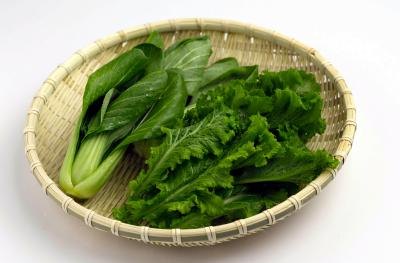
Vegans are vegetarians who do not eat any animal products, including eggs, dairy or honey. If you’re not familiar with the vegan diet, you may have the mistaken impression that vegans eat only salad or that becoming a vegan is a guaranteed ticket to fast weight loss. While neither of those notions is necessarily true, following a vegan diet can be a healthy way to cut calories.
Vegan Diet Basics
As Mayo Clinic registered dietitian Katherine Zeratsky points out, vegans tend to weigh less and consume fewer calories and less fat than meat eaters. That’s because the foundation of the vegan diet is whole grains, vegetables, fruits and plant-based proteins, which are almost always lower in calories than dairy and meat products.
Calorie Counts
But turning vegan doesn’t automatically make you lose weight. There is only one proven method for weight loss, which is to consistently eat fewer calories than you burn. You may be more likely to do that while following a vegan diet, because the foods you eat will tend to be lower in calories, but if you eat large portions or eat a lot of calorie-dense foods, there is still a chance that you’ll maintain or even gain weight.
Energy Density
The best foods for achieving weight loss are those with low energy-density values, according to the Mayo Clinic. Because so many low energy-dense foods are vegan, you can raise your chances of losing weight by including plenty of them in your diet. To have low energy density, a food must have a low fat and calorie count per serving but offer a high fiber, water or lean protein content, which makes it likely to be very filling. Vegan examples include whole grains, fruits, vegetables, beans and legumes.
Considerations
Become a vegan does not guarantee weight loss. Vegans can still eat dairy-free cakes, cookies, candy, oils, butter and dairy substitutes, which can all be quite calorie-dense. Thus, it’s important to keep track of your daily calories with the aid of an online calorie counter and add physical activity to your routine. Vegan diets tend to be low in some nutrients, especially protein, vitamin D, calcium and vitamin B12, so consult your doctor or a registered dietitian to ask about using dietary supplements before adopting a vegan eating plan.
www.livestrong.com




No comments:
Post a Comment